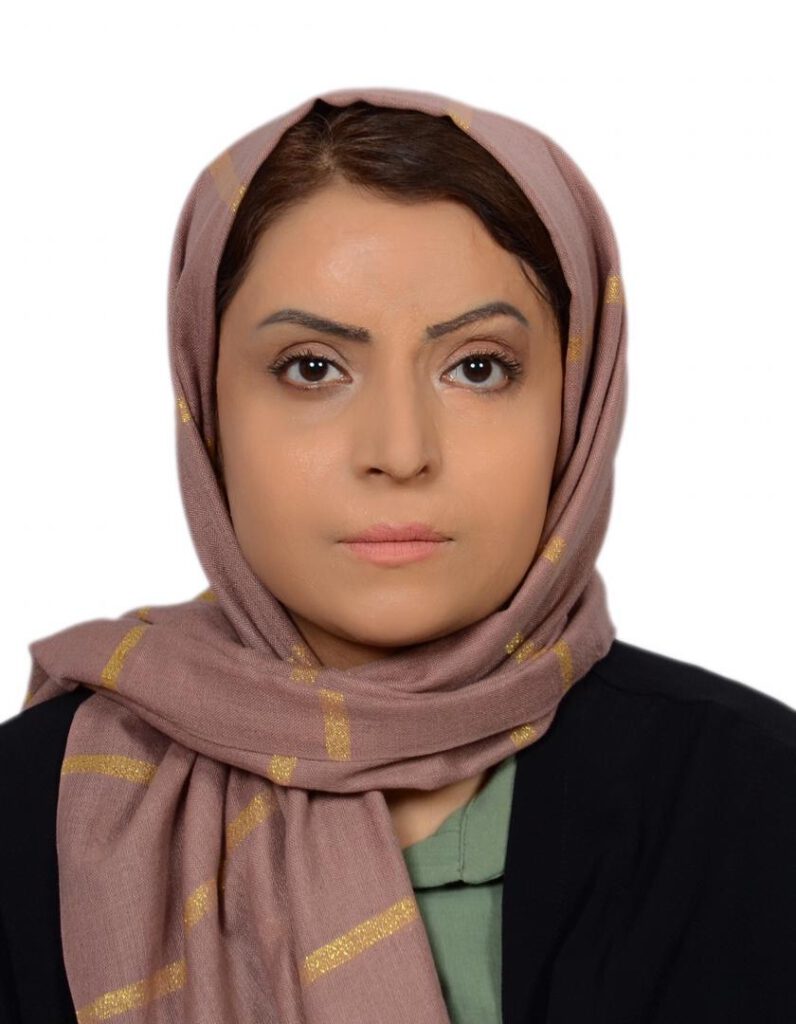
Laily Habib was born in Kabul in 1984. She got her master’s degree at the Ege University of Izmir in Turkey in 2019. Since 2008, she has been an associate professor for the journalism and mass communication department of the Education Faculty at Balkh University in Balkh, Afghanistan.
She worked with Deutsche Welle (DW) on a project titled “Media Development: Challenges and Opportunities in Journalism” in Berlin, Germany. Additionally, she worked as a network administrator trainer for northern Afghan universities at the Information Technology Centre of Balkh University (ITCB). This was supported by the Technical University of Berlin (TUB) to train professional IT administrators for Afghanistan. She has written and published five academic articles (e.g. ‘Media war: the role of media in promoting the rights of environment’) in literary magazines for professors at Kabul and Balkh universities. She also published two international articles in online magazines in Turkey and India.
Topic:
Citizen Journalism: Mediatization of Afghanistan
The topic of Habib’s research is citizen journalism and its importance in fragile states. The case study will be Afghanistan. The purpose of choosing this topic is to examine the effects of citizen journalism with focus on the prevailing conditions in Afghanistan. In conditions where freedom of expression is limited and all-round censorship is applied to the media, citizen journalism is the only way to broadcast news and collect information. Citizen journalism is also the only way to influence fragile states.
Habib’s research plan consists of two parts: first, through live and library sources; second, presenting conferences and teaching at the university. This approach is expected to be successful because on the one hand, we get new information by establishing scientific communication, and on the other, we share what we get as a result of the research so it may be of use to other users.
In this programme, we will focus on finding satisfactory answers to our research questions and hypotheses. To achieve this goal, Habib will use descriptive theory. This theory provides the basis for using methods such as surveys, interviews, observations, and questionnaires. Moreover, these methods are used to produce knowledge and test descriptive theories. Achieving the goals of any research requires time and intensive effort. In reaching these final research objectives, Habib will be pleased to to take a small step in the direction of producing new knowledge.